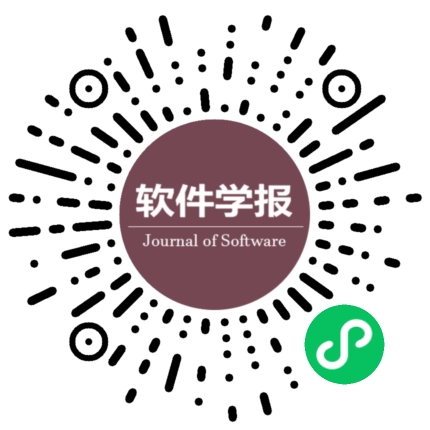操作系统内核权能访问控制的形式验证
CSTR:
作者:
作者单位:
作者简介:
通讯作者:
王淑灵,E-mail:wangsl@ios.ac.cn
中图分类号:
基金项目:
国家重点研发计划(2022YFA1005103); 国家自然科学基金(62432005, 62032024)
Formal Verification of Capability-based Access Control in Operating System Kernel
Author:
Affiliation:
Fund Project:
引用本文
徐家乐,王淑灵,李黎明,詹博华,吕毅,代艺博,崔舍承,吴鹏,谭宇,张学军,詹乃军.操作系统内核权能访问控制的形式验证.软件学报,2025,36(8):3570-3586
复制相关视频

分享
文章指标
- 点击次数:
- 下载次数:
- HTML阅读次数:
历史
- 收稿日期:2024-08-26
- 最后修改日期:2024-10-14
- 录用日期:
- 在线发布日期: 2024-12-10
- 出版日期: 2025-08-06
文章二维码

您是第位访问者
版权所有:中国科学院软件研究所 京ICP备05046678号-3
地址:北京市海淀区中关村南四街4号,邮政编码:100190
电话:010-62562563 传真:010-62562533 Email:jos@iscas.ac.cn
技术支持:北京勤云科技发展有限公司
版权所有:中国科学院软件研究所 京ICP备05046678号-3
地址:北京市海淀区中关村南四街4号,邮政编码:100190
电话:010-62562563 传真:010-62562533 Email:jos@iscas.ac.cn
技术支持:北京勤云科技发展有限公司



